Thought Pioneers
Since its founding in 1876 as America’s first research university, Johns Hopkins has been transforming the way we envision the world. Its faculty members frequently push the boundaries of their fields—and, in some cases, even establish them.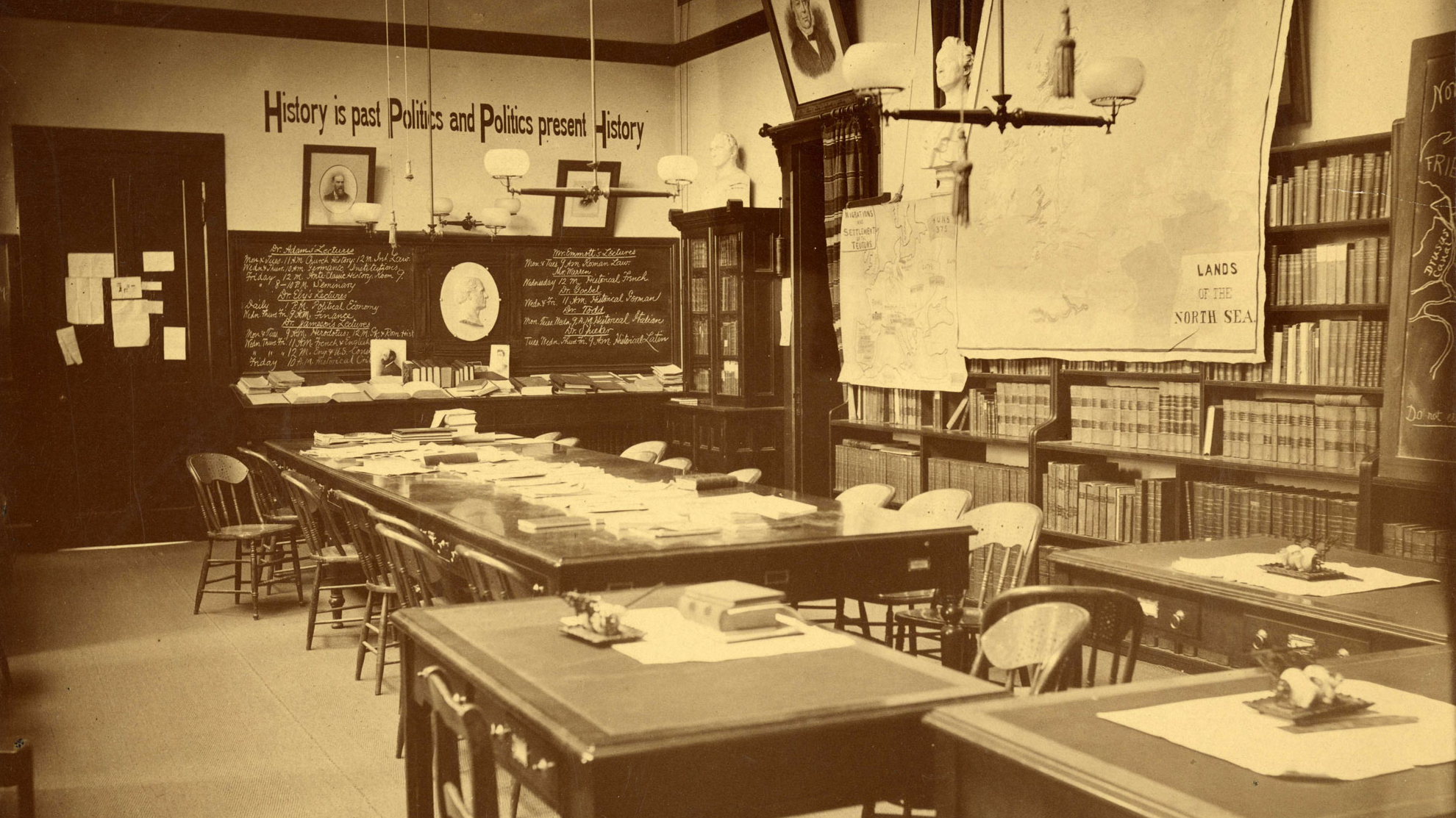
Johns Hopins university is founded as the nation’s first research university. integrating teaching and research into its curriculum.

Sir William Osler, the first professor of medicine at Johns Hopkins, transforms the way medicine is taught and practiced by creating the first medical residency program.

Dr. Florence R. Sabin becomes the first female full professor on the faculty of the school of medicine.
Child psychiatrist Leo Kanner establishes the nation’s first child psychiatry clinic at Johns Hopkins.
The first to describe “early infantile autism”
Learn MorePhilosophy professor Arthur Oncken Lovejoy founds the discipline known as the history of ideas.
"Next to the word ‘Nature,’ the ‘Great Chain of Being’ was the sacred phrase of the eighteenth century, playing a part somewhat analogous to that of the blessed word ‘evolution’ in the late nineteenth."- Arthur Lovejoy Learn More

William Foxwell Albright, Johns Hopkins Semitic languages professor, authenticates the Dead Sea Scrolls as being 1,000 years older than any known Hebrew texts.
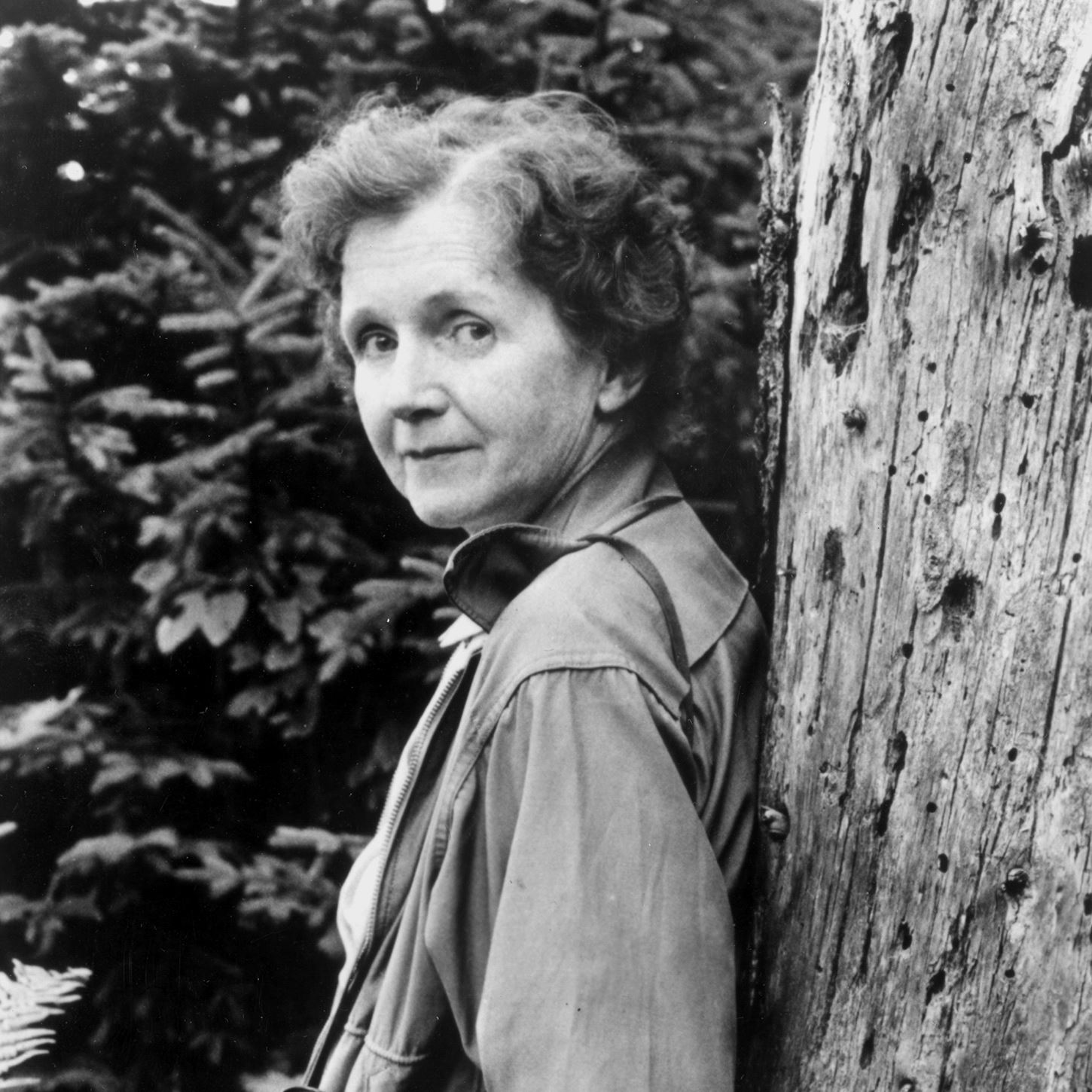
Environmentalist Rachel Carson, who received her master’s degree from JHU, becomes one of the most famous science writers of her time with her books The Sea Around Us (1951) and Silent Spring (1952).
Pioneering geneticist Victor A. McKusick publishes Mendelian Inheritance in Man, a genetic knowledgebase that serves clinical medicine and biomedical research, including the Human Genome Project.
"I suggested that an approach to solving birth defects and genetic disorders in general would be to map all of the genes."- Victor A. McKusick Learn More
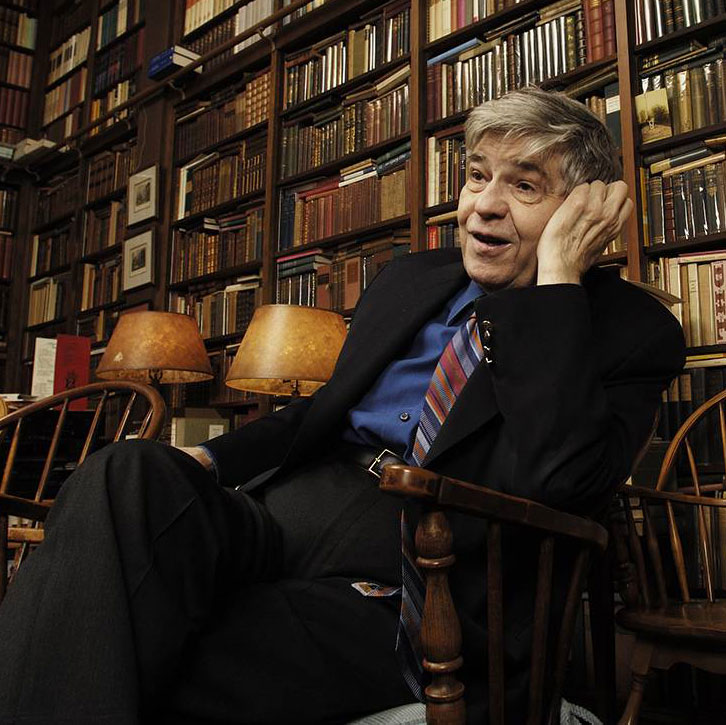
Pictured here in his iconic personal library, Johns Hopkins humanities Professor Richard A. Macksey helps found the Johns Hopkins Humanities Center—now the Department of Comparative Thought and Literature—as a meeting ground and incubator for problems, ideas, and discussions across disciplines.
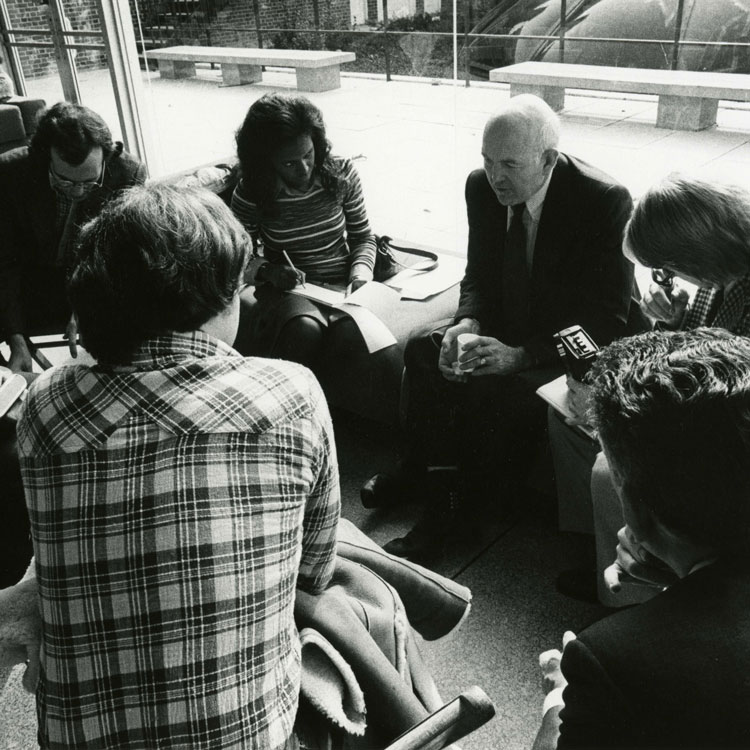
Johns Hopkins sociologist James Coleman, working with education researcher James M. McPartland, publishes The Equality of Educational Opportunity Report, the first major large-scale research study of conditions of inequality in American schools.
Anthropology professor Sidney Mintz helps found the Anthropology Department at Hopkins.
"Anthropology professor Sidney Mintz helps found the Anthropology Department at Hopkins."- Sidney Mintz Learn More
Psychology Professor Julian Stanley founds the Johns Hopkins Center for Talented Youth and promotes testing nationwide to identify academically gifted children.
"“Bright kids have a hunger for academics. They're getting turned off by material in school that's not at the right level for them.”"- Julian Stanley Learn More
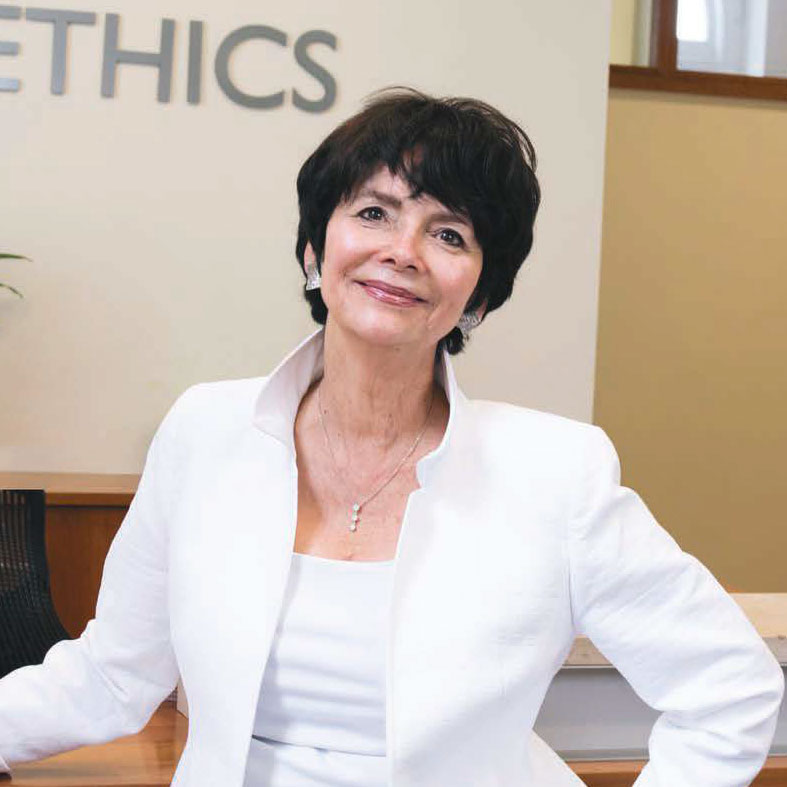
Ruth Faden, one of the modern pioneers of biomedical ethics, becomes the founding director of the Johns Hopkins Berman Institute for Bioethics. She co-authors “A History and Theory of Informed Consent” with her husband, philosopher Tom Beauchamp.
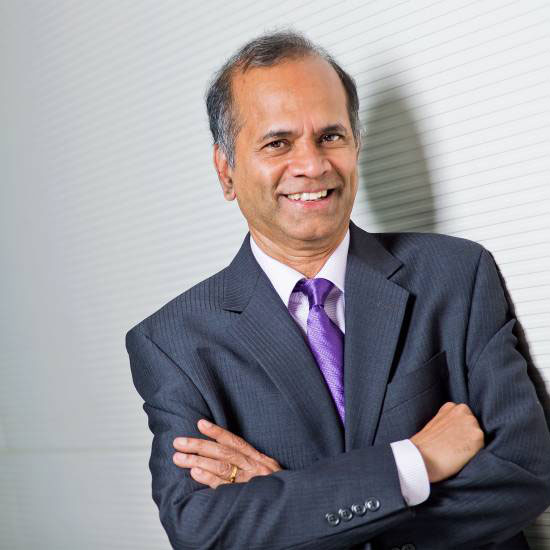
Rama Chellappa, a Johns Hopkins artificial intelligence pioneer, is elected to National Academy of Engineers for his work in computer vision, artificial intelligence, and machine learning in areas ranging from biometrics, smart cars, and forensics to 2D- and 3D-modeling of faces, objects, and terrain.
Looking Forward
A state-of-the-art data institute on the Homewood campus will bring together world-class experts in artificial intelligence, machine learning, applied mathematics, computer engineering, and computer science to fuel data-driven discovery in support of research activities across the institution.
“Data and artificial intelligence are shaping new horizons of academic research and critical inquiry with profound implications for fields and disciplines across nearly every facet of Johns Hopkins,” says Ron Daniels, president of JHU. “I’m thrilled this new institute will harness our university’s innate ethos of interdisciplinary collaboration and build upon our demonstrated capacity to deliver impactful research at the forefront of this critical age of technology.”
“Data and artificial intelligence are shaping new horizons of academic research and critical inquiry with profound implications for fields and disciplines across nearly every facet of Johns Hopkins,”– Ron Daniels, Presient Johns Hopkins University
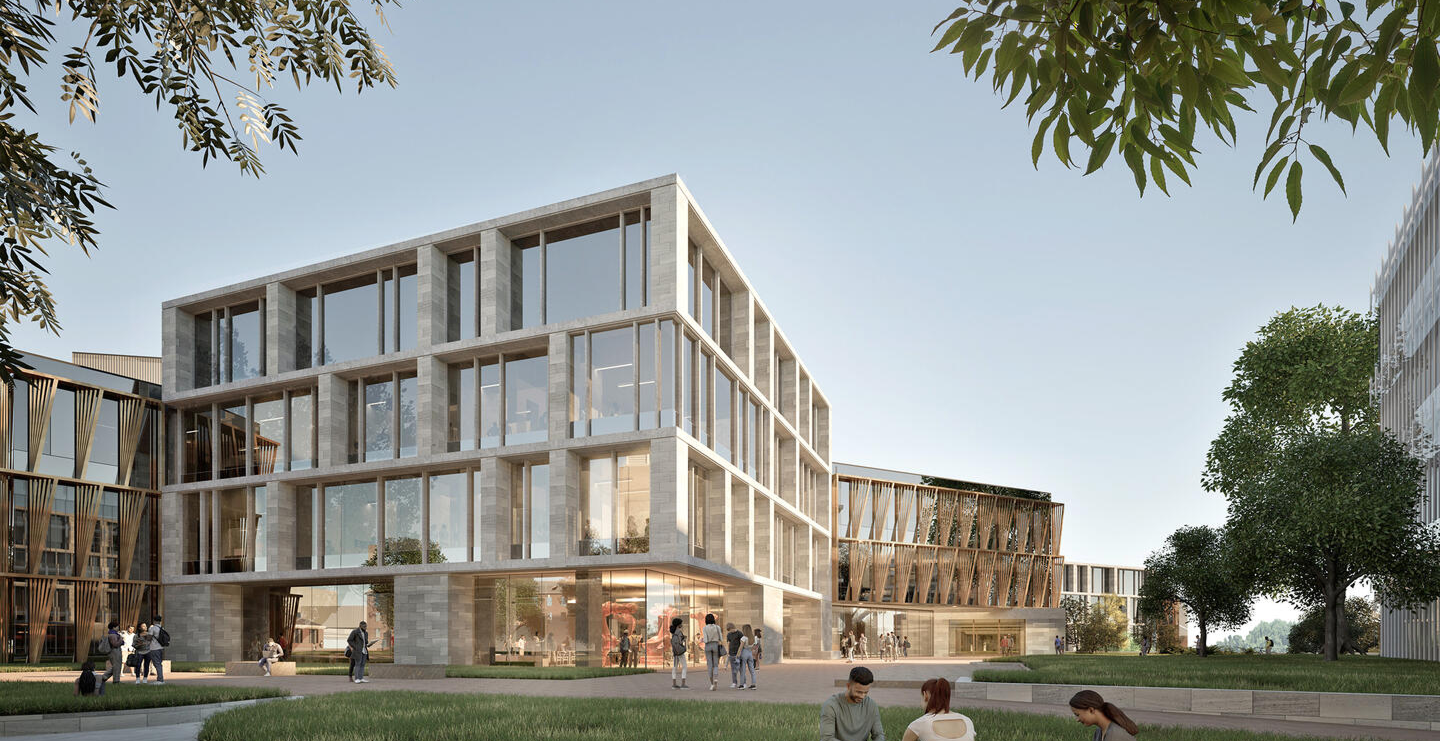
The home of the university's Data Science and AI Institute is expected to be completed by summer 2029 on the Homewood campus
Calls to Action
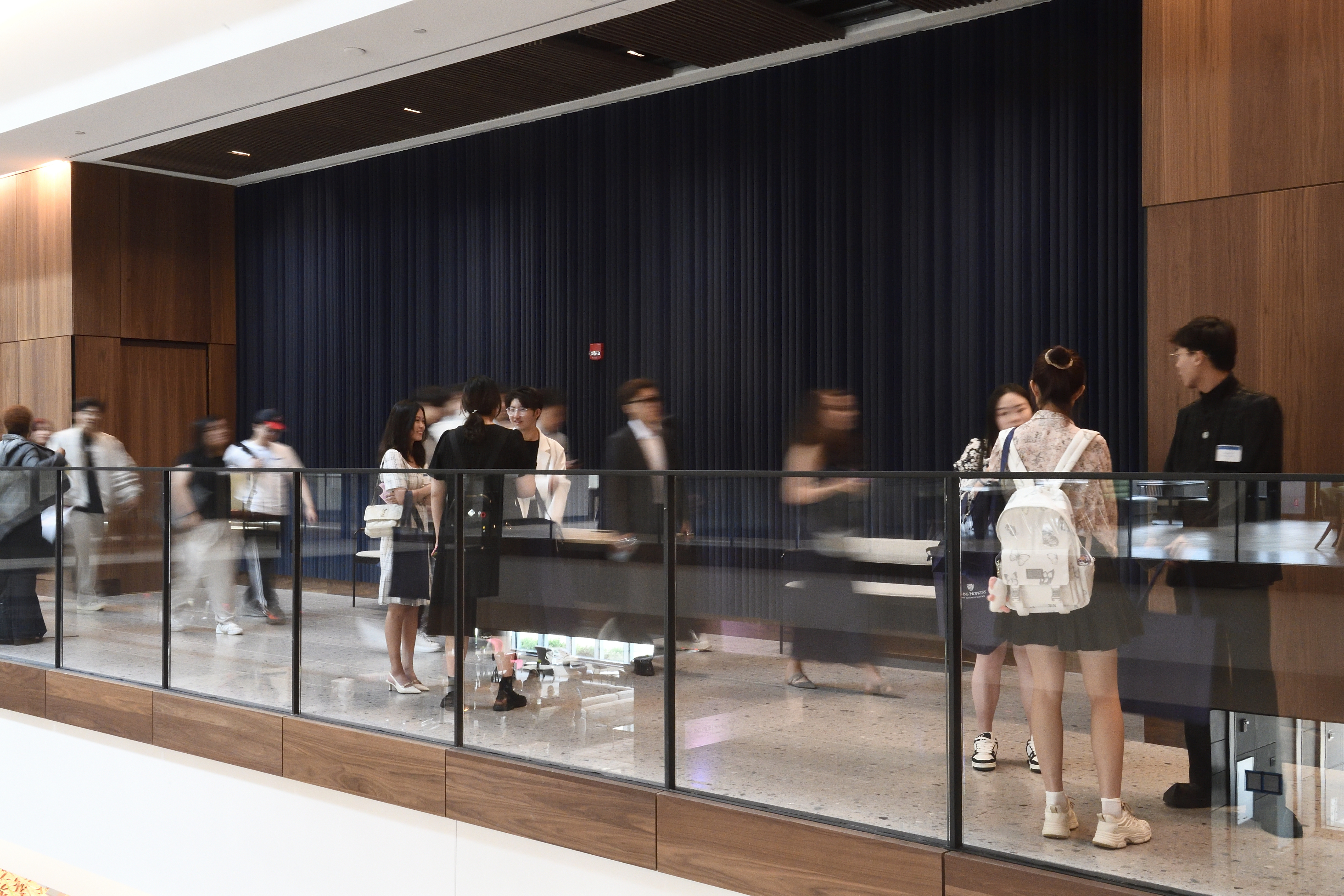
Join the Celebration
For 150 years, we’ve been breaking new ground—now, let’s celebrate it. Join us for gatherings, lectures, and special events that honor our legacy and look ahead.
Learn More
Our Legacy, in Print
Dive deeper into the milestones and moments that shaped our university’s legacy with a beautifully crafted anniversary book from Hopkins Press.
Learn More